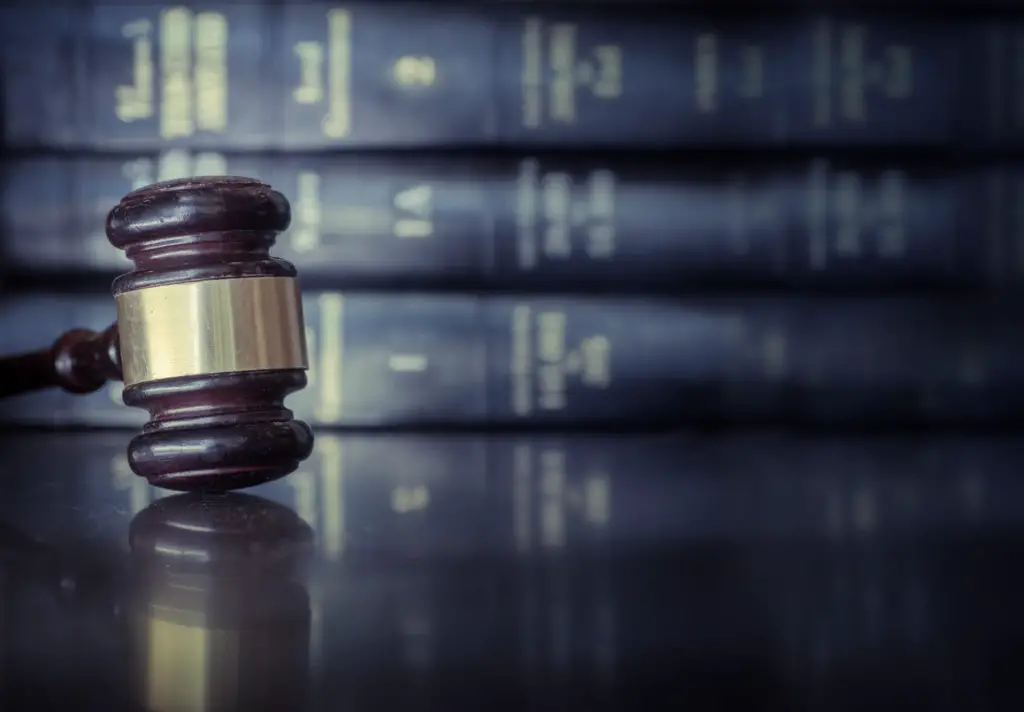The Abilify Settlements
Several Abilify settlements forced Bristol-Myers Squibb to pay hundreds of millions of dollars over the course of the last few years. After wrapping up off-label marketing allegations with the U.S. Justice Department, the company later agreed to secure similar cases at the state level. In the meanwhile, the centralized Abilify MDL proceeds forward, and many plaintiffs expect to reach a deal with the drugmaker to be compensated for the damage they suffered.
Let’s give a look at the history of the recent settlements and what are the chances for a victim participating in a mass tort to receive a monetary reward.

The $515 Million Federal Settlement
The antipsychotic drug Abilify (aripiprazole) has always been a controversial product. Not just because of its many side effects and alleged dangers, but for the illegal schemes through which it was marketed since its approval. The first series of accusations that Bristol-Myers Squibb (BMS) had to face came from the U.S. Department of Justice (DOJ) back in 2007. According to the federal court, the pharmaceutical company committed a number of violations, including illegal marketing and pricing practices.
BMS willfully organized a large kickback scheme to provide luxurious gifts, holidays and consulting fees to physicians and other healthcare providers who prescribed or purchased their drugs. Together with Apothecon, the company representatives illegally promoted the sale and use of Abilify for many off-label uses, including urging pediatrists to prescribe the drug to children and adolescents. The Food and Drug Administration (FDA) did, in fact, issue a “black box” warning to prevent the use of the antipsychotic in the treatment of dementia-related psychosis as well as in pediatric patients. BMS ignored this warning, and created a specializes sales force that worked on nursing homes and with child psychiatrists.
On top of all that, the Government alleged that the drugmakers fraudulently inflated the prices of their medications to obtain irregular reimbursements from the federal health care programs. The so-called “best” price of their drugs was knowingly misreported to achieve illicit revenues at the expense of the Public Health Service. Eventually, Apothecon and BMS agreed to pay over $515 million to resolve all these civil allegations.

The $19.5 Million Abilify State-Level Settlement
Almost 10 years later, on December 8th, 2016, Attorney General E. T. Schneiderman filed a complaint in New York County Supreme Court alleging BMS engaged in off-label marketing and improper promotion of the antipsychotic drug aripiprazole. The pharmaceutical giant advertised the blockbuster medication that generated over $5.5 billion in sales just in 2014 to patients it was not allowed to. Not only the FDA never approved its use to elderly patients with dementia, but the company voluntarily minimized the potential risks associated with it such as the serious metabolic side effects such as diabetes.
According to California Attorney General Kamala D. Harris, BMS compromised and endangered the health of millions of American citizens to increase their profits using unlawful and misleading tactics. Accused of violating consumer protection laws, the company still denied any wrongdoing. However, it eventually agreed to pay a $19.5 million Abilify settlement to the District of Columbia and a coalition of 42 U.S. states. The payment included a $788,774 share for the state of New York, and resolved claims about engaging in deceptive or unfair trade practices when marketing the antipsychotic.
The Abilify MDL and the Individual Mass Tort Settlements
On January 12, 2016, Denise and Brad Miley filed an individual Abilify lawsuit claiming that the drug caused them to suffer extreme emotional and financial distress. Shortly after taking the antipsychotic, in fact, the Mrs. Miley started losing control over her impulses, until she ended up betting over $75,000 in five months although she had no prior history of gambling.
Hundreds of other plaintiffs later filed similar claims, alleging that aripiprazole was the cause of several uncontrollable behaviors, including compulsive shopping, sex addiction and overeating. The lawyers who act on behalf of these people accuse the pharmaceutical companies of negligence in warning the public about the risks and of marketing a defective and improperly tested product. On October 3rd, 2016, the U.S. Judicial Panel on Multidistrict Litigation (JPML) centralized these individual claims in the MDL No. 2734, overseen by Chief District Judge Casey M. Rodgers in Pensacola, Florida.
As per September 2017, a total of 365 cases of people are currently pending in the mass tort, but no settlement has been awarded yet. However, on March 1, 2017, Judge Rodgers followed a recommendation by the Joint Settlement Committee and appointed Cathy Yanni as settlement master. The woman is an expert legal mediator who already was a Special Master on other large pharmaceutical litigations such as the Avandia and Transvaginal Mesh ones. Her role is to help negotiate potential deals between the Plaintiffs and the Defendants, especially if la large number of cases need to be settled.

How Much is an individual Abilify Lawsuit Settlement Worth?
The MDL proceedings are still moving forward and are currently in the discovery phase. No verdict has been reached yet, so the drugmaker didn’t wrap any case up by paying a settlement, not it has been requested to provide a compensation by any jury so far. However, if the evidence and testimonies are enough to convince the juries to award an indemnity to the first victims during the bellwether trials, there’s a chance that the defendants would choose to settle many similar cases instead of proceeding to trial.
This aspect is especially important when similarities across cases are already present, as similar verdicts may also be reached. In this specific instance, a precedent can be established with the case of Gary Charbonneau, a man who was paid back $8.3 million dollars by Boehringer Ingelheim. Charbonneau pursued a civil action after he lost $260,000 because of pathological betting caused by another psychiatric medication known as Mirapex (pramipexole). If the jury finds this connection to be strong enough, the victims who are participating in a mass tort can be rewarded according to the individual damages they suffered.
People can sue to be repaid of medical expenses, emotional and physical damage, lost wages, loss of consortium and other injuries. During an MDL resolution, the manufacturers may prefer to pay individual settlements to avoid incurring in unnecessary expenses and exhaustingly long trials. The actual amount can be as low as hundreds of thousands of dollars, but, as in the above example, can quickly mount up to several million.
